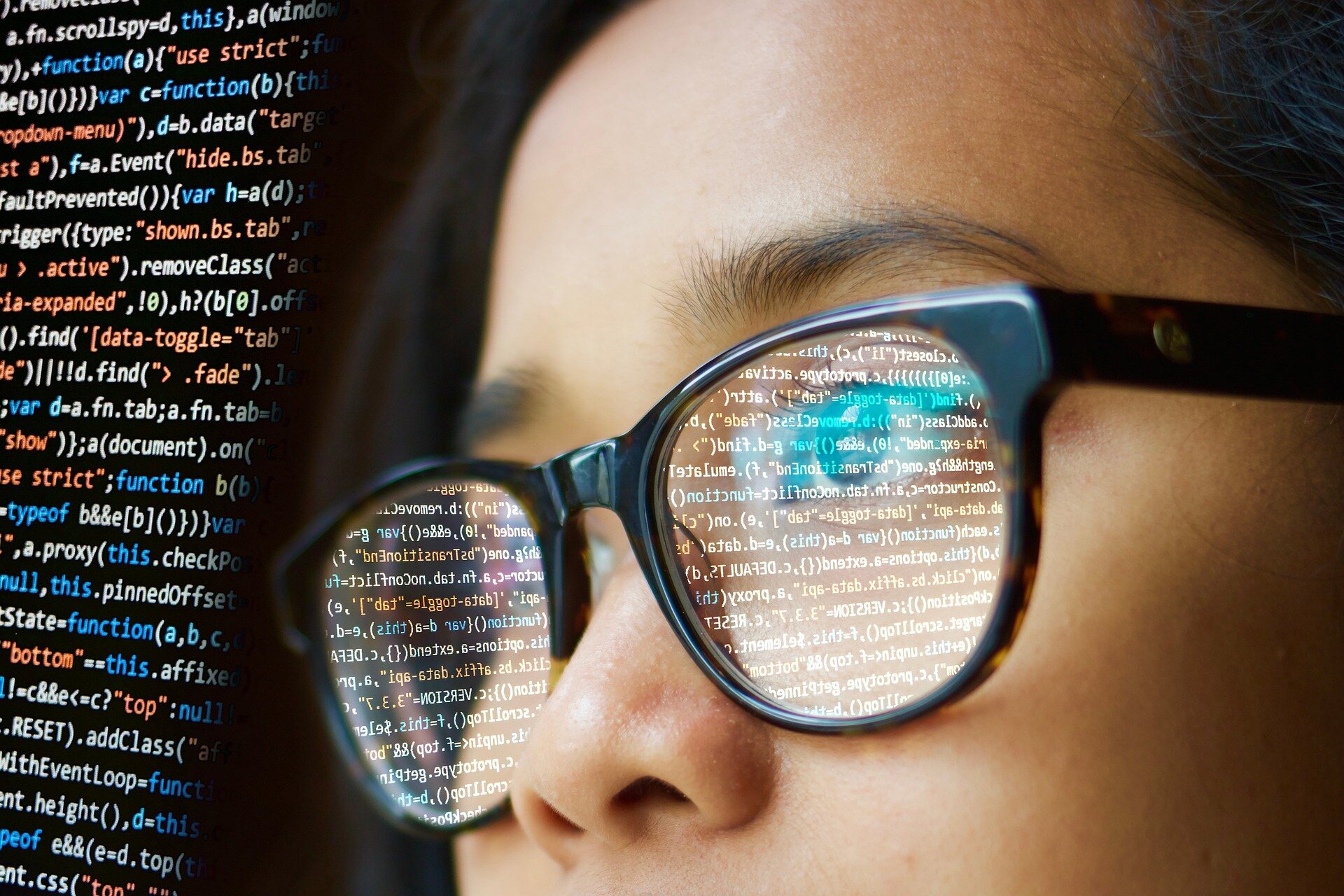Time: 2024-08-09
Artificial intelligence ( AI ) is a rapidly growing industry , with a market value of 84 billion and a significant portion of that being used in various organizations to aid in decision - making processes . Studies have shown that a substantial number of CEOs rely on AI for strategic decisions . However , the use of AI can be problematic due to biases , including racial and gender stereotyping , leading to unfair treatment in areas such as granting bank loans or job interviews based on demographics.

One approach to address these issues is to have AI systems provide explanations for their decision - making processes . Human decision - makers can then review these explanations and choose whether to override AI recommendations . However , research has shown that these explanations may not always be effective in promoting fair or accurate decision - making . In a study conducted by Texas McCombs , it was found that explanations highlighting gender - related keywords led to a higher likelihood of human participants overriding AI recommendations , even though these overrides were not more accurate than task - based overrides.
A cross - disciplinary study by Washington University in St. Louis researchers explored the intersection of human behavior and AI training , revealing an unexpected psychological phenomenon . Participants in the study modified their behavior to appear fair and just when training AI to play a bargaining game . This behavior change persisted even after participants were informed that their decisions were no longer being used to train AI , indicating a lasting impact on decision - making.
The study showed that individuals who believed they were training AI were more inclined to seek fairness in their decisions , even if it meant sacrificing some personal gain . This highlights the influence of human behavior on AI training and the importance of considering human biases in the development of AI systems . Failure to account for human biases during AI training can result in biased AI systems , as evidenced by issues with facial recognition software being less accurate for people of color due to biased training data.
The findings from these studies emphasize the critical role of human behavior in AI decision - making processes and the need to address biases in AI training . Developers should be aware that individuals may intentionally adjust their behavior when training AI , with implications for the ethical and fair deployment of AI systems . Future research should focus on understanding the motivations and strategies of individuals involved in AI training to ensure the development of unbiased and ethical AI systems.
In conclusion , the relationship between AI , human behavior , and decision - making processes is complex and multifaceted . By recognizing and addressing biases in AI training and deployment , researchers and developers can work towards creating more ethical and fair AI systems that align with societal values and expectations.